Table of Content
If you’re diving into SEO, you’ve probably heard of anchor text. This small but essential element can have a big impact on your SEO strategy. But what is anchor text, and why does it matter?
Simply put, anchor text is the clickable text in a hyperlink. While it might seem simple, using the best anchor text is key to improving your website’s search engine rankings. It helps search engines understand your content and provides a better user experience by guiding readers to relevant pages. Choosing the best anchor text for SEO can help your content stand out, boost your link-building efforts, and drive more organic traffic to your site. Whether you’re an SEO beginner, a blogger, or a digital marketer, mastering anchor text is crucial for success.
In this guide, we’ll break down everything you need to know about anchor text. You’ll learn about its importance, the different types of anchor text, and practical tips for optimizing it. Discover how to choose the best keywords for anchor text and take your SEO efforts to the next level.
What is Anchor Text?
Anchor text is the clickable, hyperlinked text that leads users to another webpage or resource. It helps guide visitors to relevant content and gives context about what they’ll find when they click. For example, in the phrase “discover our SEO tools,” the words “SEO tools” are the anchor text. Typically, anchor text appears blue and underlined, making it easy to identify as clickable.
Using effective anchor text is key to improving both user experience and search engine rankings. Clear, descriptive, and keyword-rich anchor text helps search engines understand the content of the linked page, which can boost SEO performance. Whether you’re linking to internal pages or external resources, well-optimized anchor text plays a critical role in driving organic traffic and improving website usability.
Why Is Anchor Text Important?
The best anchor text is a key element of effective link-building and successful SEO strategies, acting as a connector between web pages. Here’s why optimizing anchor text matters:
Helps Search Engines Understand Your Content
Anchor text tells search engines what the linked page is about. For example, using “best anchor text optimization tips” as anchor text shows the page focuses on optimization strategies. This improves your link-building strategy by adding context and boosting your SEO rankings.
Enhances User Experience
Relevant and descriptive anchor text makes navigation easy and builds trust. Avoid generic phrases like “click here,” which can confuse users. Instead, use natural anchor text that clearly tells users what to expect, helping them find valuable and related content.
Boosts SEO and Website Performance
Search engines rely on anchor text backlinks to determine the relevance of linked pages. A smart, balanced anchor text ratio can improve your search engine rankings while keeping your website user-friendly and intuitive.
By using optimized anchor text, you can improve your site’s SEO performance, attract more organic traffic, and create a better experience for both search engines and users.
Types of Anchor Text for Effective SEO
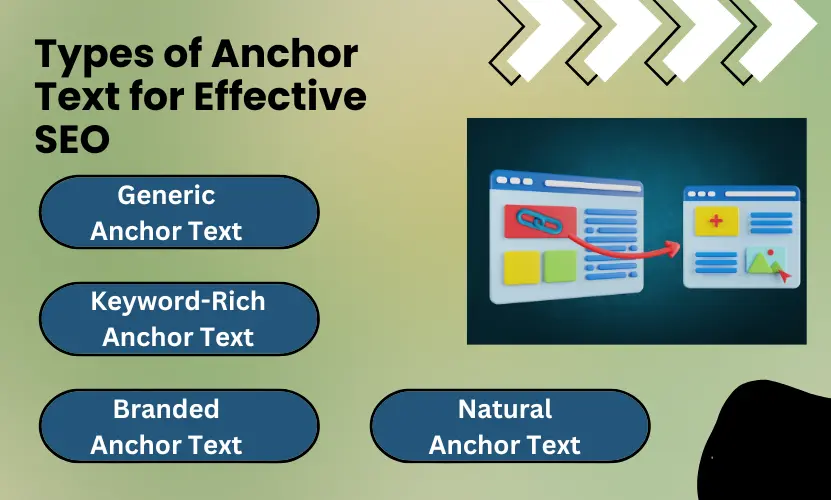
A well-optimized anchor text profile is essential for a successful link-building strategy and improving SEO rankings. Below, we break down the key types of anchor text, their benefits for search engine optimization, and practical tips for using them effectively:
Generic Anchor Text
- Examples: “Click here,” “Learn more,” or “Read this.”
- Best Suited For: Situations where the surrounding content provides clear context for the link.
- SEO Tip: Avoid overusing generic anchor text, as it can dilute the SEO value of your backlinks and hinder your anchor text optimization efforts.
Exact Match and Keyword-Rich Anchor Text
- Examples: “Best anchor text” or “anchor text optimization tips.”
- Best Suited For: Links targeting specific keywords to boost relevance.
- SEO Tip: Use exact match anchor text sparingly to avoid over-optimization penalties. Instead, aim for a balanced mix of keyword-rich and natural anchor text.
Partial Match Anchor Text
- Examples: “Learn anchor text strategy” or “optimize your site with better linking.”
- SEO Advantage: Combines keyword relevance with natural readability, making it safer and more effective for search engine algorithms.
Branded Anchor Text
- Examples: “Rankonix” or “Neil Patel.”
- Best Suited For: Enhancing brand recognition while building site authority.
- SEO Tip: Leverage branded anchor text to establish trust and credibility, positioning your brand as an industry leader.
Natural Anchor Text
- Examples: “Discover ways to improve your SEO rankings” or “explore tips for anchor text optimization.”
- Best Suited For: Providing a seamless and user-friendly reading experience while signaling relevance to search engines.
Image Alt Text as Anchor Text
- When linking images, search engines use the alt text as anchor text. Example: `<img src=”example.jpg” alt=”anchor text optimization”>`.
- Best Suited For: Enhancing accessibility and ensuring multimedia content contributes to SEO.
- SEO Tip: Use descriptive, keyword-rich alt text to maximize your site’s optimization benefits.
Fine-tuning your anchor text strategy is key to creating a robust SEO foundation. By understanding and applying these anchor text types effectively, you can build stronger links, improve rankings, and ensure a better user experience.
Anchor Text Best Practices for SEO
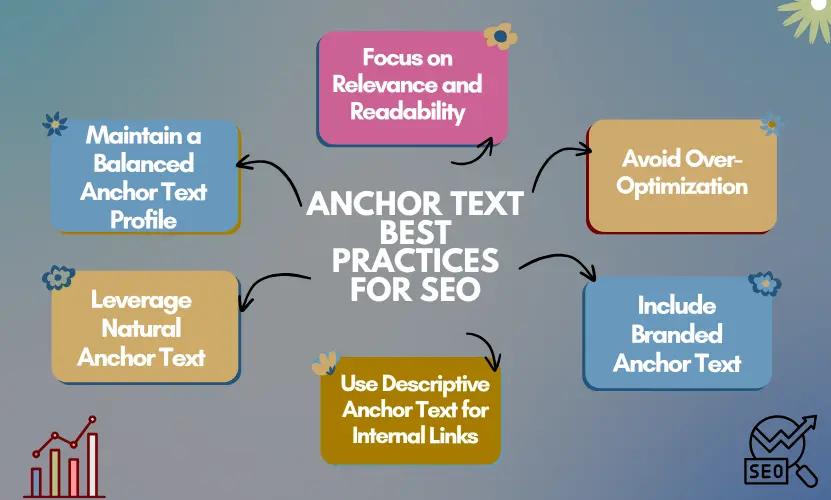
To optimize your anchor text for better SEO performance, it’s crucial to follow a few best practices. These guidelines will help ensure your links are both user-friendly and search-engine-friendly:
- Maintain a Balanced Anchor Text Profile: Include a variety of anchor types, such as branded, natural, and keyword-rich text. This diversity ensures a natural-looking profile and reduces the risk of over-optimization penalties.
- Avoid Over-Optimization: While keyword-rich anchor text can boost relevance, overusing exact match anchors can trigger search engine penalties. Limit their use and focus on incorporating variations like partial match and natural anchor text for a safer and more effective strategy.
- Focus on Relevance and Readability: Ensure the anchor text aligns with the content of the linked page. Descriptive and contextually relevant anchors not only improve user experience but also help search engines better understand your content.
- Leverage Natural Anchor Text: Use phrases that flow naturally within your content, such as “learn more about anchor text optimization” or “discover effective SEO techniques.” This makes your links feel organic and enhances usability.
- Include Branded Anchor Text: Strengthen your brand identity by incorporating your company name or brand-specific terms in your anchor text. Branded anchors build trust with users and establish your authority in your niche.
- Use Descriptive Anchor Text for Internal Links: Internal linking improves navigation and supports your site’s structure. Use descriptive anchor text like “advanced SEO strategies guide” to guide users to related pages effectively.
- Monitor and Adjust Your Anchor Text Ratio: Regularly review your anchor text profile using tools like SEMrush or Ahrefs. Analyze the distribution of anchor types and make adjustments to maintain a balanced and effective anchor text ratio.
A strong anchor text strategy can improve your link-building efforts and help boost your search engine rankings. By following these tips, you’ll create an optimized and well-balanced profile that enhances your website’s authority and SEO performance.
Anchor Text Optimization: Boost Your Link Building and SEO
Optimizing anchor text is a key part of any successful link-building strategy. Done right, it can improve your SEO rankings, drive traffic, and enhance user experience. Here are five proven tips to help you master anchor text optimization:
Diversify Your Anchor Text for Better SEO
A strong anchor text profile includes a mix of branded keywords, natural anchor text, and partial match keywords. This diversification improves your SEO performance while reducing the risk of penalties from search engines.
Use Relevant and Descriptive Anchor Text
Always ensure your anchor text matches the content of the linked page. For instance, linking “anchor text backlinks guide” to a page about email marketing confuses both users and search engines. Relevant, descriptive anchor text improves user experience and boosts your link’s SEO value.
Leverage Partial Match Keywords Naturally
Instead of overloading your content with exact match keywords like “best anchor text,” use variations such as “explore top anchor text optimization tips.” This keeps your content natural and engaging while supporting SEO optimization efforts.
Avoid Keyword Stuffing in Anchor Text
Overusing keyword-rich anchor text can harm your rankings. Focus on balance by using keywords strategically within contextually relevant phrases. This approach ensures your content remains user-friendly and avoids spam-like practices.
Mix Internal and External Links Effectively
- Internal Links: Use clear, descriptive anchor text like “learn about anchor text ratio” to connect related pages on your website. This improves site navigation and strengthens your overall structure.
- External Links: Link to high-authority websites using the best anchor text to increase the credibility of your content and build trust with readers.
By implementing an anchor text strategy and maintaining an optimal anchor text ratio, you can enhance your link-building efforts, improve your SEO rankings, and create a better experience for your audience. Start optimizing your anchor text today to see the difference in your website’s performance.
Top Anchor Text Optimization Mistakes to Avoid
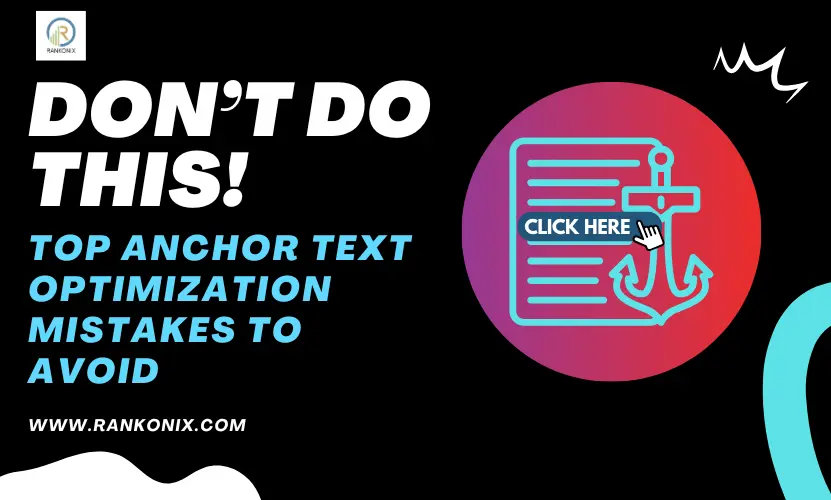
Even experienced SEO professionals can make mistakes when it comes to anchor text optimization. Avoiding these common errors can significantly enhance your SEO performance:
- Overusing Generic Anchor Text: Using phrases like “click here” or “read more” excessively reduces the SEO value of your links. These generic anchors provide little context to search engines or users. Instead, aim for descriptive and relevant anchor text that clearly communicates the purpose of the link.
- Ignoring User Intent: Misleading or irrelevant anchor text creates confusion for users and undermines trust. Your anchor text should accurately describe the linked content to align with user expectations. Ensuring that your links are contextually relevant improves both usability and SEO effectiveness.
- Lack of Anchor Text Diversity: Over-relying on a single type of anchor text, such as exact-match keywords, can make your link profile appear unnatural to search engines. A balanced anchor text ratio with a mix of branded, natural, and keyword-rich text is essential for maintaining a healthy SEO profile.
- Keyword Stuffing in Anchor Text: While keywords are important, overloading anchor text with exact-match keywords can lead to search engine penalties. Focus on creating meaningful and contextually appropriate anchors that naturally incorporate your target keywords.
- Neglecting Internal Linking Best Practices: Poorly optimized internal links with generic or irrelevant anchor text can hurt your site’s navigation and SEO performance. Use descriptive and relevant anchor text for internal links to enhance user experience and site structure.
- Failing to Monitor and Adjust Anchor Text Profiles: Neglecting to analyze your anchor text distribution can result in over-optimization or missed opportunities. Use tools like SEMrush or Ahrefs to review your anchor text backlinks regularly and make necessary adjustments to maintain balance and relevance.
By avoiding these common anchor text optimization mistakes, you can build a stronger link profile, improve your search engine rankings, and create a better experience for your users. Consistent monitoring and thoughtful strategy are key to long-term SEO success.
Anchor Text Optimization: Tips to Boost Your SEO Strategy
Anchor text is an essential part of SEO and plays a critical role in building an effective link-building strategy. Here’s how you can optimize your anchor text to boost your search rankings and improve website performance:
- Use Targeted Keywords: Always include relevant keywords in your anchor text. Keep it concise and specific. For example, use “anchor text optimization tips” instead of vague terms like “read more” or “click here.” This improves keyword relevance and helps search engines understand the linked content.
- Align With User Intent: Make sure your anchor text accurately reflects the content users will find after clicking the link. Misleading anchor text can harm your SEO efforts and lead to a poor user experience.
- Optimize Internal Links: Use keyword-rich descriptive anchor text for internal links, such as “anchor text best practices guide.” This not only improves site navigation but also strengthens your internal link structure, helping search engines crawl and index your site more effectively.
- Monitor Your Backlink Profile: Regularly analyze your backlinks using tools like SEMrush or Ahrefs. A diverse and natural anchor text profile protects your site from over-optimization penalties and ensures your links look authentic and relevant to both users and search engines.
- Use Partial Match Keywords Naturally: Instead of overloading your content with exact-match keywords, vary your anchor text with partial match phrases like “effective anchor text tips.” This keeps your content engaging and helps avoid penalties from search engines.
- Balance Internal and External Linking: For external links, use credible, authoritative sources with descriptive anchor text, such as “industry-leading anchor text strategies.” For internal links, focus on logical site structure and targeted keywords to enhance user experience and improve SEO.
By applying these anchor text optimization strategies, you can improve your website’s SEO performance, increase click-through rates, and attract more targeted traffic. Thoughtful, keyword-optimized anchor text not only helps search engines understand your content but also creates a better experience for your users. Start optimizing your anchor text today to see powerful SEO results!
Conclusion
Anchor text is crucial for SEO success. These clickable words do more than link pages—they improve content relevance, enhance user experience, and boost search engine rankings.
Using optimized anchor text can increase your website’s visibility, drive targeted traffic, and improve keyword performance. To get the best results, focus on creating anchor text that is natural, varied, and relevant to your content. A best anchor text strategy helps with internal linking, keyword targeting, and overall SEO performance.
Looking to improve your search engine rankings and drive more organic traffic? Contact Rankonix for expert SEO services that deliver real, long-term results!
FAQs
Q. What is the best anchor text for SEO?
The best anchor text for SEO is relevant, descriptive, and keyword-rich. It should match the content of the linked page while maintaining a natural anchor text style to enhance user experience and avoid penalties.
Q. How do anchor text backlinks improve SEO?
Anchor text backlinks play a crucial role in helping search engines assess the relevance of the linked page. By incorporating a balanced mix of branded, natural, and keyword-rich anchor text, you can enhance your backlink profile and improve your search engine rankings.
Q. What is the ideal anchor text ratio for SEO?
A well-balanced anchor text ratio combines exact match, partial match, branded, and natural anchor text. This variety not only reduces the risk of penalties but also enhances your site’s overall SEO performance.
Q. How does anchor text optimization benefit my website?
Anchor text optimization is key to creating links that are relevant, user-focused, and aligned with SEO best practices. By refining your anchor text, you can boost search rankings, increase traffic, and provide users with a smooth, intuitive navigation experience.
Q. How can I diversify my anchor text strategy?
Diversify your anchor text strategy by incorporating a mix of branded, keyword-rich, natural, and partial match anchors. Continuously monitor and analyze your anchor text profile to maintain a balanced and effective approach.
Q. Can I use the same anchor text repeatedly across my website?
No, using the same anchor text excessively can make your link profile look unnatural and potentially lead to severe penalties. Diversify your anchor text to include branded, partial match, and natural descriptive phrases.


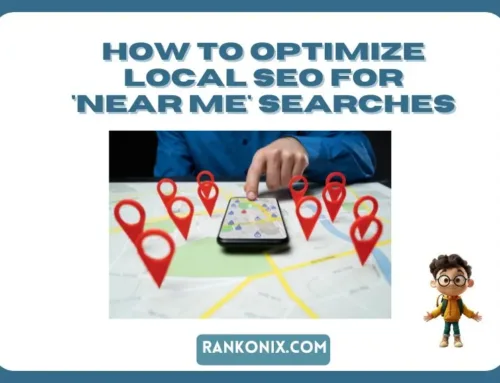





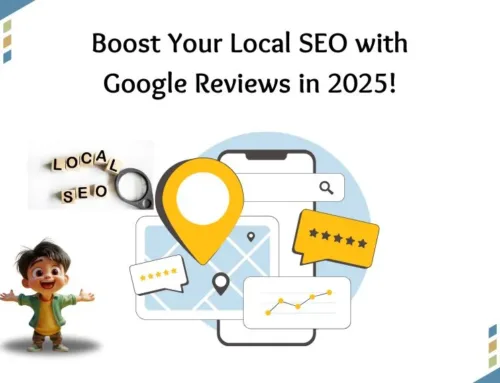
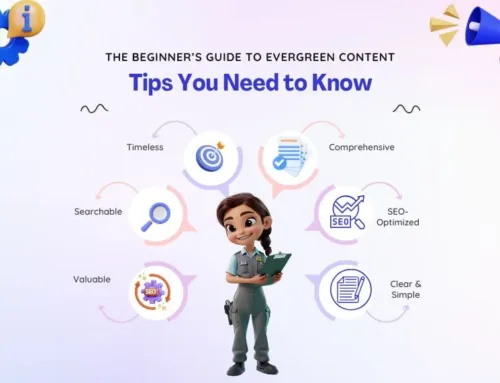
Leave A Comment